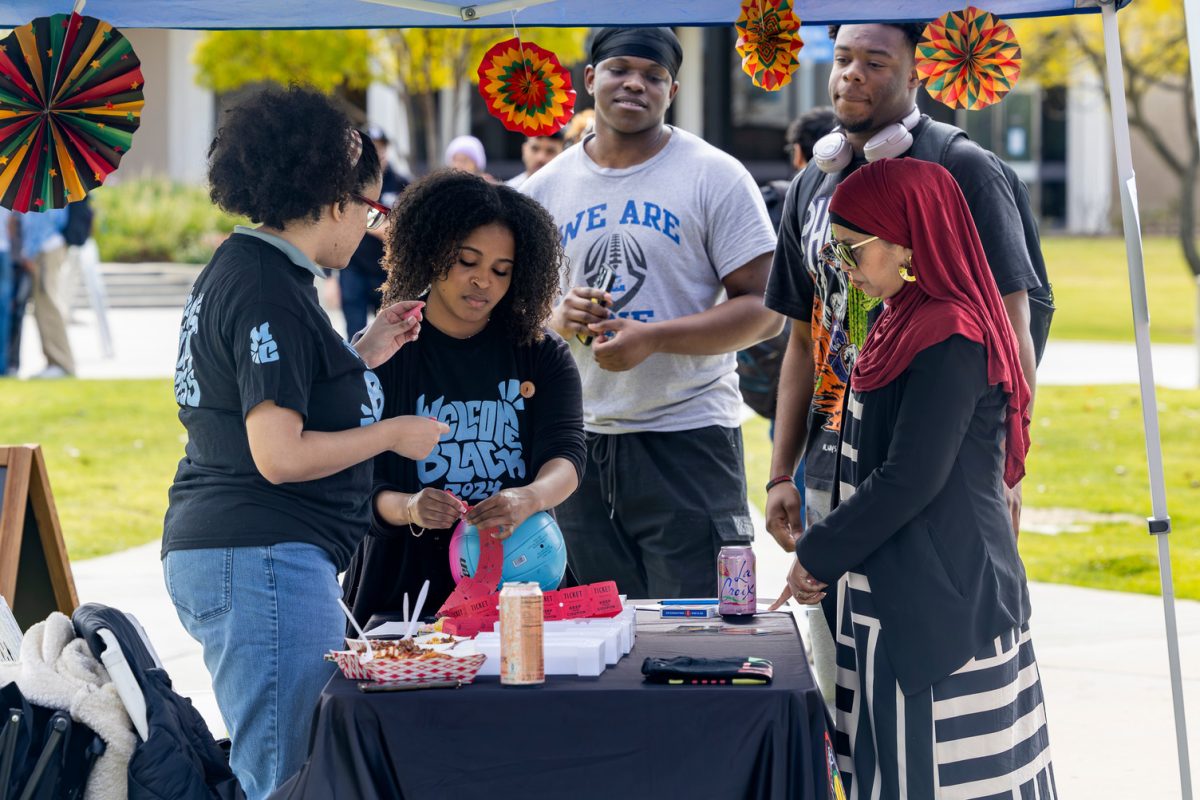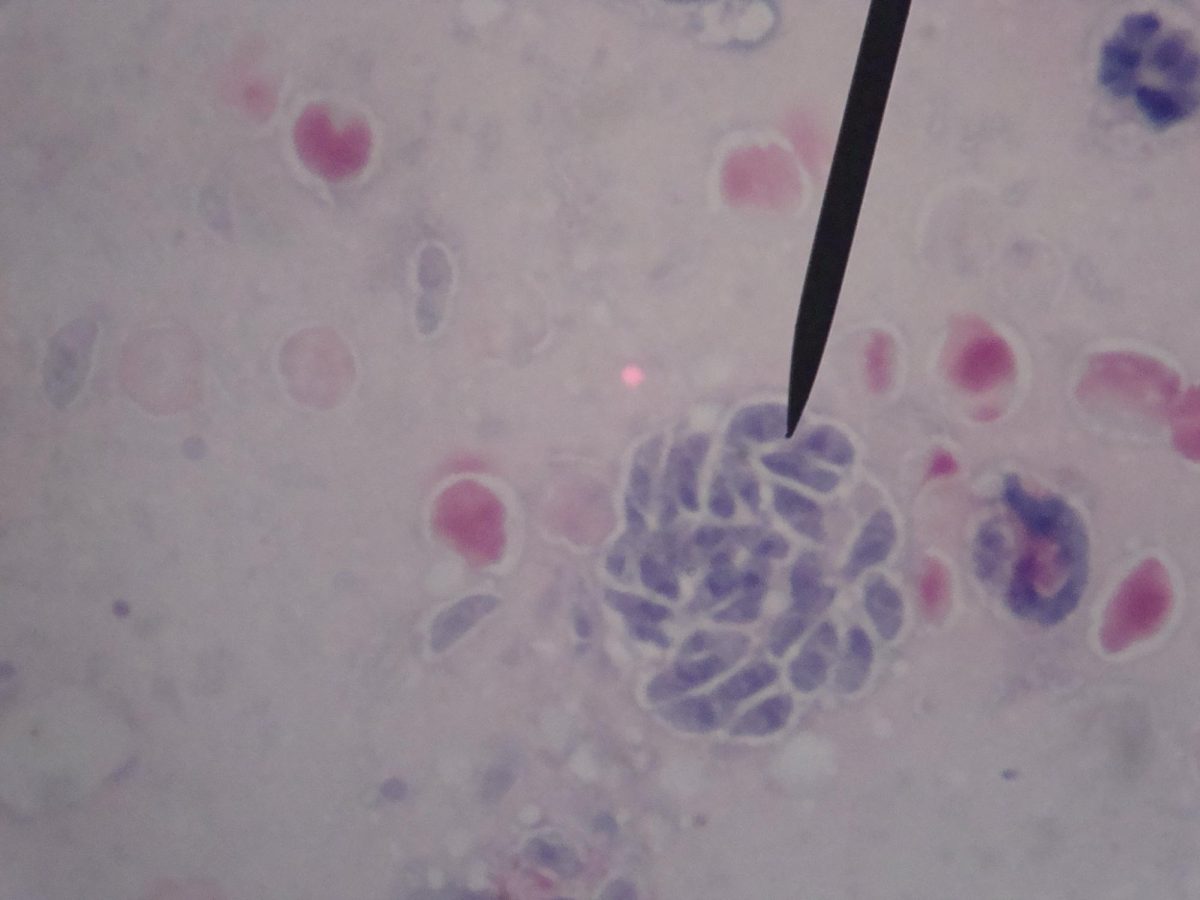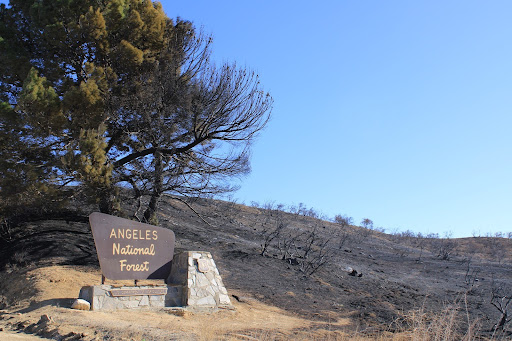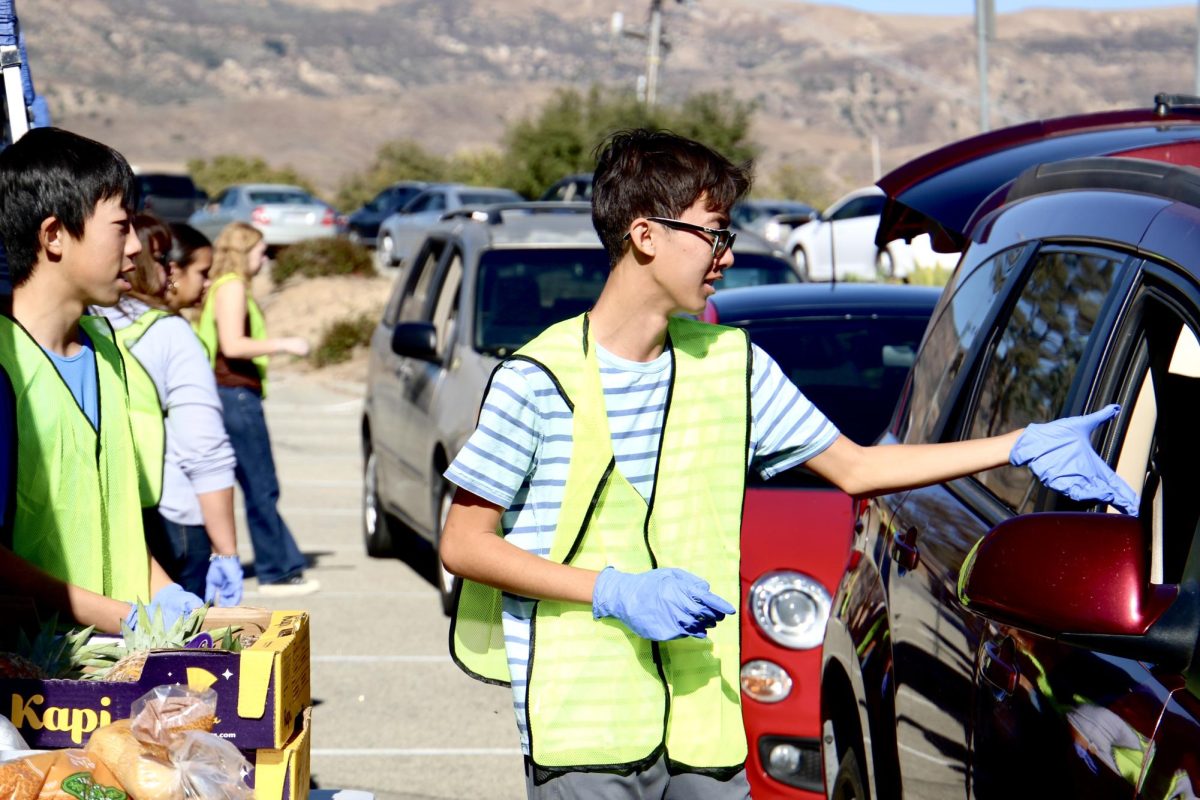A double scoop of how Haiti’s history and current situation affect its future was served by Geography professor Andrea Erghott and English professor David Birchman.
Roughly 40 students and a number of professors attended the event. The historical facts presented by Professors Erghott and Birchman revealed their reasons for their views on Haiti’s future. Political Science professor Steve Pfeffer and Geography professor Michael Walegur, attended the Year of Service event on Feb. 4.
Attendees listened to and discussed the situation and outcome of Haiti after the earthquake.
“The world did react quite excellently to the disaster in Haiti,” said Birchman. “Things are panning out as well as they could at this time.”
Haiti’s future was looked at in two perspectives during the lecture. Some students and professors alike were split on their hopes for Haiti.
“I think it’s going to work out, but it will take them a while to reconstruct everything,” said Ethan Cohen, a 21-year-old Moorpark College student.
But Jesse Hair, a 30-year-old political science major, had less hope.
“Unfortunately, it probably won’t workout; it will be a much tougher road,” he said.
Since Haiti established their independence in 1804, they have been debtors to society and have suffered ever since. Haiti’s leaders terrorized the country from 1957-86. They kept 70 percent of the population in poverty. The literacy rate is about 49 percent, and ½ the population is under the age 15. Haiti is the poorest country in the western hemisphere, explained professors Erghott and Birchman through multiple slide shows.
Haiti’s raucous history and the recent earthquake, which occurred on Jan. 12, decreased Haiti’s ability to overcome the disaster due to their unstable country. Over 150,000 people were killed from the 7.0 earthquake, and 1.5 million people were left homeless. The damage was even more extensive due to the lack of building codes in Haiti, noted Erghott and Birchman.
Now, students and professors look towards Haiti’s future to explore ways of affecting Haiti’s outcome.
“Send money, and keep sending it,” said Erghott.
It will take about 10 to 20 billion dollars over the next several years to help rebuild Haiti, noted the professors, and students shouldn’t take their roles for granted.
“People with real skills, should go over there; a student who’s a nurse is going over there now,” said Erghott.
To join the effort, go to http://www.hope-for-haiti.org/ to see what you can do.






